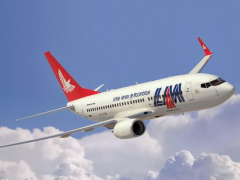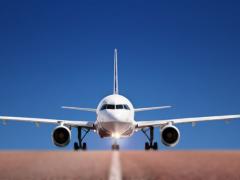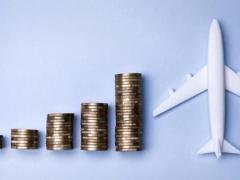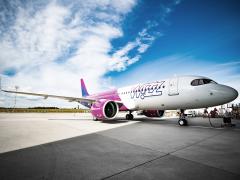On Tuesday, January 10, the Airports Council International (ACI), which represents 1 925 airports in 171 countries, requested governments to support the economic sustainability of airports and to restore their stability.
The council’s global arm, ACI World, is calling on regulators to support airports around the world after the COVID-19 crisis, through financial compensation or by increasing charges, as the pandemic has left many airports in financial distress.
The organisation said governments should protect airports in bad times, which could include recovering aeronautical services through charges and fees. It said there was currently a mismatch between the costs incurred and the revenues needed to cover those costs.
According to Simple Flying, in 2020 alone, the pandemic wiped out US$125 billion (R2,09trn) in airport revenue. To address this, many airports and airlines reduced their capital expenditures, even if they received government financial support or other relief measures, which tended to be insufficient.
ACI World DG, Luis Felipe de Oliveira, said it was vital for international and national regulators to support the economic sustainability of airports through financial compensation or future airport charges for investing in the infrastructure needed to accommodate the growth of air travel and to meet decarbonisation targets, as well as maximising airports’ contribution to the United Nations’ Sustainable Development Goals and wider socio-economic effects.
Comparing airports’ revenue to those of airlines, De Oliveira said: “What is unique to airports is that they face high fixed costs, irrespective of economic conditions, and do not have the same level of flexibility in managing capacity.”
During ACI’s 32nd Word Annual General Assembly last October in Marrakech, the organisation said for every one million passengers forgone due to airport capacity constraints in 2040, the global air transport industry would support 10 500 fewer jobs and receive US$346 million (R5,8bn) less in GDP.













